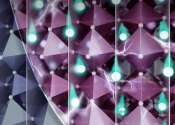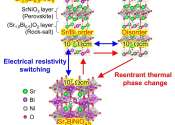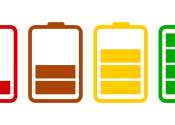Converting Wi-Fi signals to electricity with new 2-D materials
Imagine a world where smartphones, laptops, wearables, and other electronics are powered without batteries. Researchers from MIT and elsewhere have taken a step in that direction, with the first fully flexible device that ...
Jan 28, 2019
2
1207









